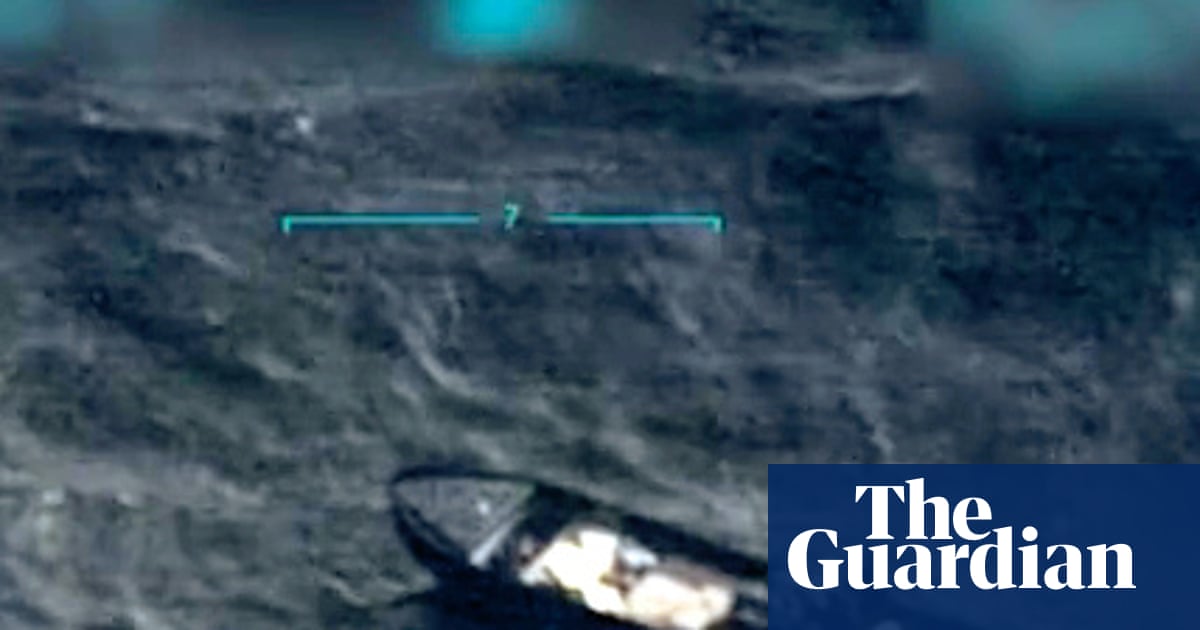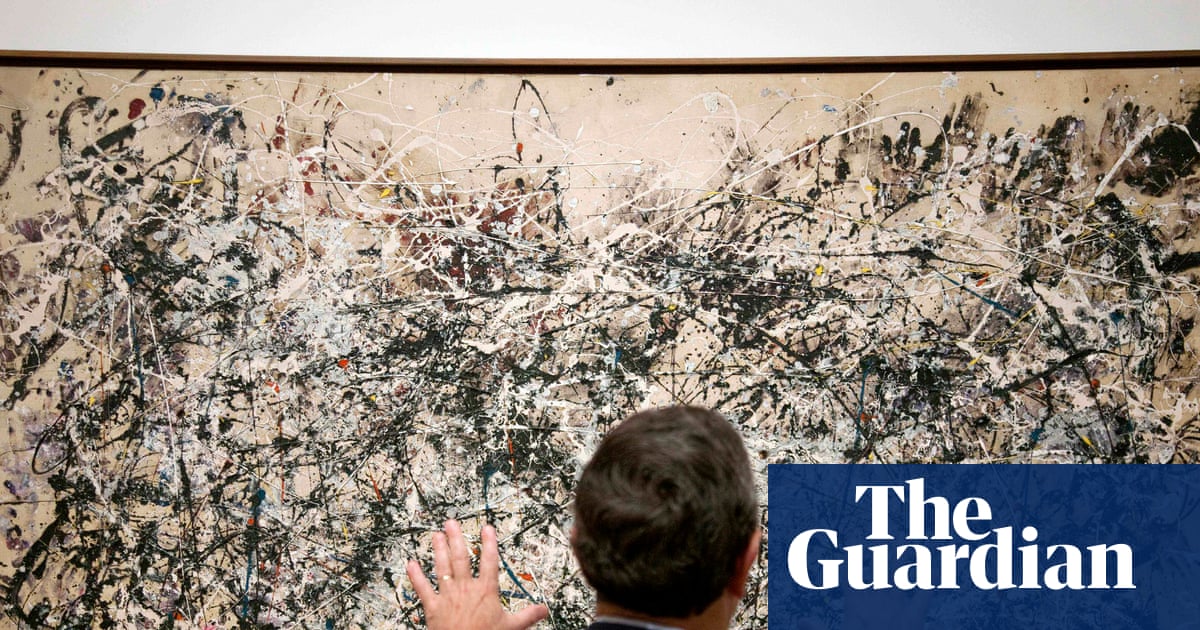Jafar Panahi is the veteran Iranian auteur and democracy campaigner who continues to get arrested and imprisoned, to endure film-making bans and defy the law, finding loopholes through which his movies can be made and shown abroad. And the Iranian authorities, tensely and hypocritically aware of world scrutiny and indeed the soft-power prestige still to be accrued from Panahi’s eminence, appear (almost) to tolerate it.
Now Panahi has come to Cannes with what might be his most emotionally explicit film yet: a film about state violence and revenge, about the pain of tyranny that co-exists with ostensible everyday normality. There are macabre stabs of satire, black comedy and horror-farce, and the movie almost looks like an Iranian dissident tribute to Weekend at Bernie’s or even Hitchcock’s The Trouble With Harry.
A man (Ebrahim Azizi) is driving at night with his heavily pregnant wife and young daughter in the car and suffers the time-honoured suspense thriller shock-premise of hitting something in the darkness: a dog. This simple accident causes his car to break down after just five minutes back on the road, and he finds himself pulling over at random at a garage belonging to Vahid (Vahid Mobasseri), nicknamed “Jughead” because of his habit of holding his painful kidneys with one hand, his arm like a jug handle.
The driver has a disability too, a limp, and Vahid is stunned, scared and angry to realise that he knows this man; and it sets in train a bizarre series of events that reunites a disparate cohort of Vahid’s acquaintances who have all suffered at the hands of the state. These include bookseller Salar, wedding photographer Shiva (Mariam Afshari), the couple whose wedding photos she is taking, bride Goli (Hadis Pakbaten) and groom Ali (Majid Panahi), and local hothead Hamid (Mohamad Ali Elyasmehr).
A grotesque, almost dreamlike sequence of scenes takes us to various locations, including a remote desert with a tree that Hamid says looks a stage-set for Waiting for Godot. The plot twists and turns are startling, almost unreal; can it be true that normal people like this can countenance violence? But if that seems implausible, perhaps that is because we don’t grasp the violence through which they have already lived. The narrative jolts and shunts us around like Vahid and his contemporaries in the back of his van; so do the shifts in tone from tragedy to comedy and back. But these storytelling chicanes never quite get us to the shark-jumping point of facetiousness or absurdity that they might in another, Anglo-Hollywood type of movie.
There is some acid satire on Iranian officialdom’s addiction to bribes. A hospital nurse asks Vahid if he knows how to give a “present” or just make a scandal – and she wants a box of pastries to go with the money. A couple of shifty, dodgy security guards ask for a “present” in exchange for not making a fuss about the suspicious behaviour in the van, and not having cash doesn’t let Vahid off; these uniformed guys grinningly produce a debit card reader. They take bribes in the form of contactless payments.
Perhaps Joe Orton might have enjoyed this tough, cynical movie, especially the group scenes in which Goli has to participate in the mayhem wearing her wedding dress. It’s another very impressive serio-comic film from one of the most distinctive and courageous figures in world cinema.

 3 months ago
159
3 months ago
159

















































